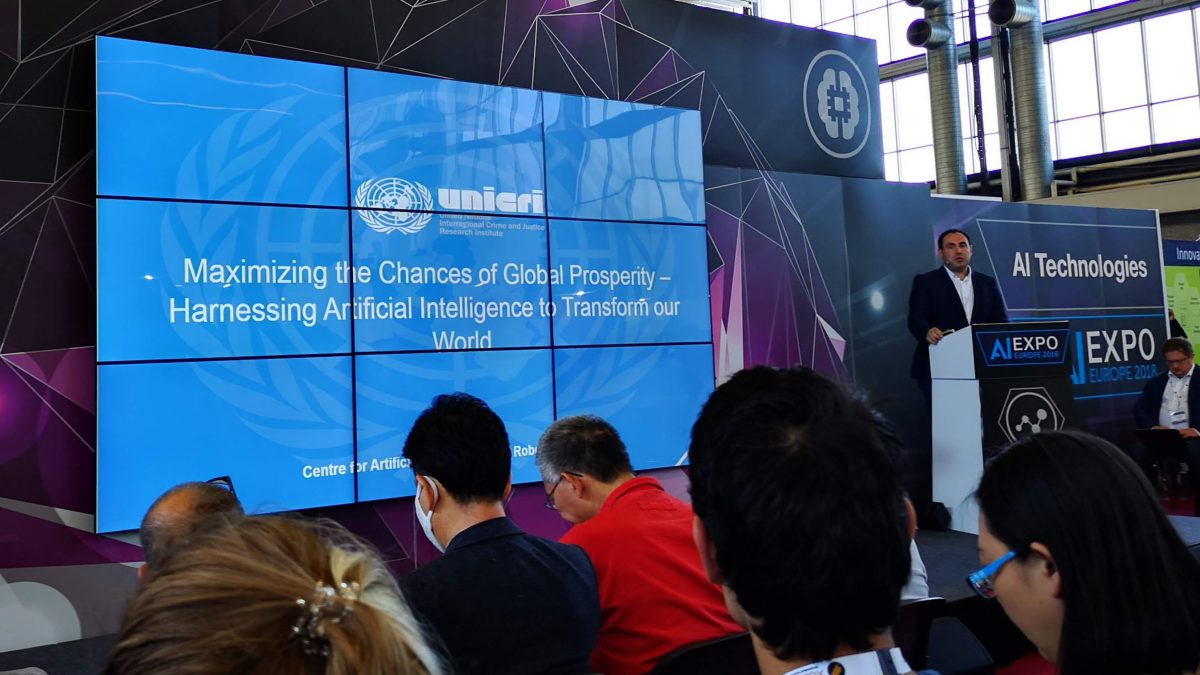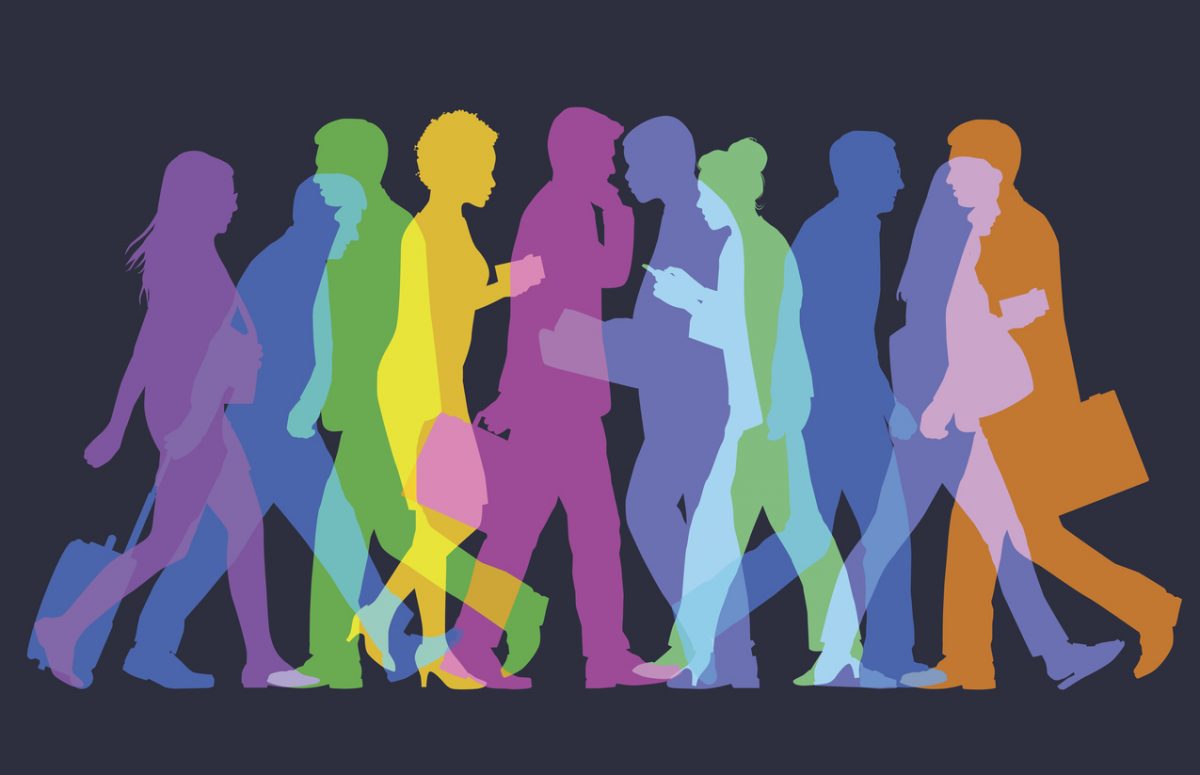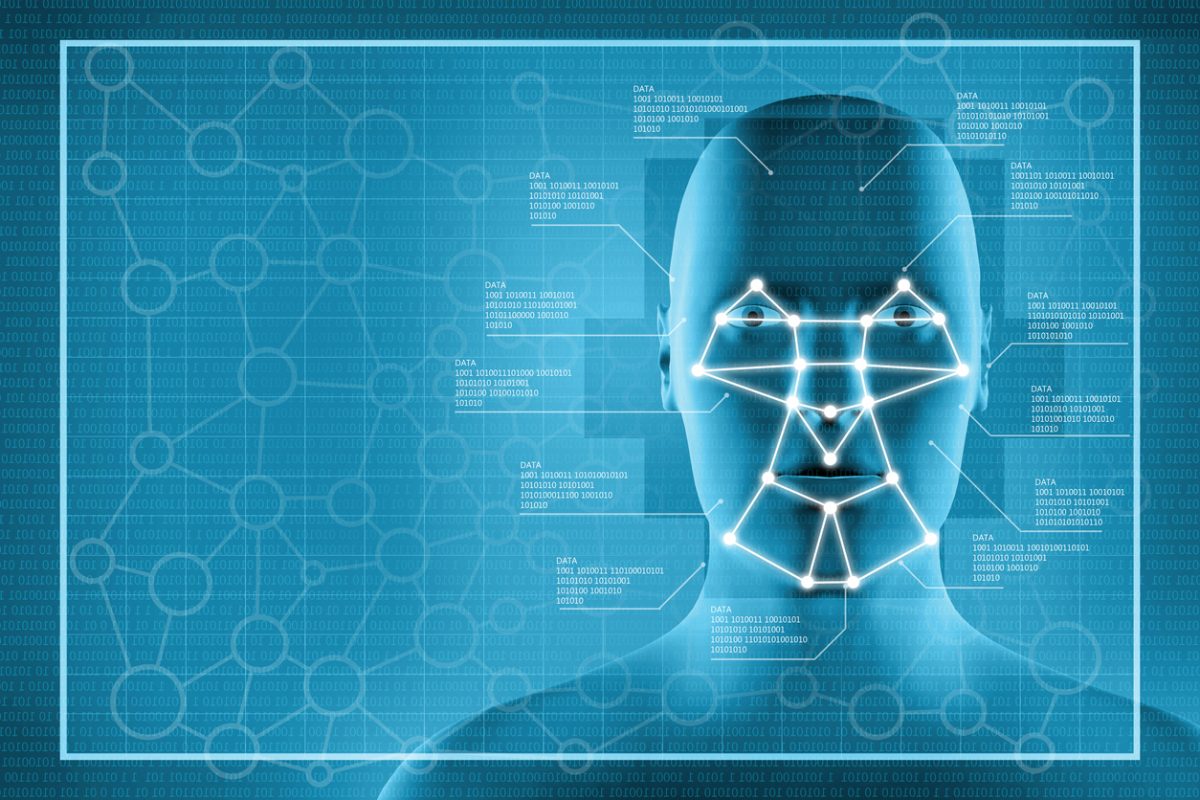AI can predict the spread of nuclear fallout in advance to save lives
Researchers have built an AI capable of predicting the spread of nuclear fallout in advance to limit the impact and save lives. The fallout occurred from a nuclear power plant accident is going to be devastating. Aside from the human impact, we’ve only got to look at Chernobyl to see how the environment can remain damaged for decades. A new AI system developed in Japan, developed by a team from the Institute of Industrial Science at the University of Tokyo, can accurately predict the...










